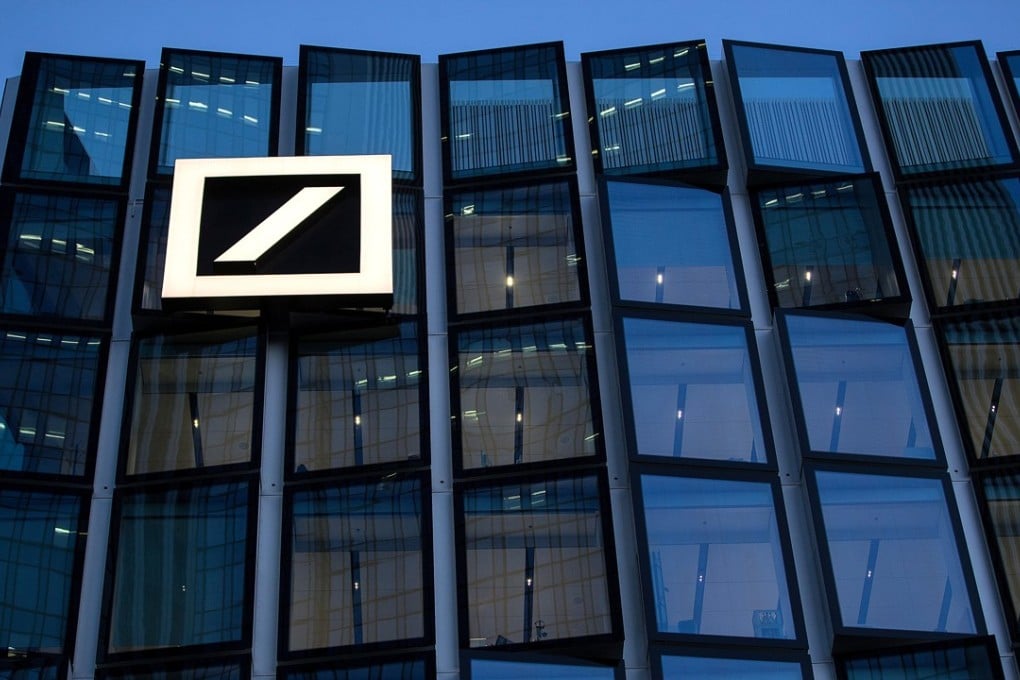Exclusive | Deutsche Bank ready to help German companies’ China ambitions as trade war pushes Beijing closer to Europe, says Asia chief
- Werner Steinmüller, CEO for Asia-Pacific, says the bank has increased investments in its technology platform, is hiring new staff in China and looks forward to expanding its onshore securities capabilities
- There is a ‘clear advantage to both sides’ in more cooperation between Germany and China, he says

Deutsche Bank said it is ready to support German companies’ growing ambitions in China.
It expects German firms to increase their investments as the US-China trade war prompts Beijing to deepen its ties with Europe, according to the banking giant’s Asia-Pacific boss.
As the trade war with the US escalates, China has become more receptive to proposals by other foreign companies for market access, in a gesture to show the country is still opening up to the rest of the world.
In October, German car maker BMW said it would pay 3.6 billion euros (US$4.2 billion) to take control of its Chinese joint venture in 2022, after Beijing announced it would scrap foreign-ownership limits on local car firms and fully open up the market by that year.
The deal showed “China will not change its opening-up policy, and instead will open up further and deeper”, according to Premier Li Keqiang during an October meeting with BMW’s chief executive officer, Harald Krueger, in Beijing.